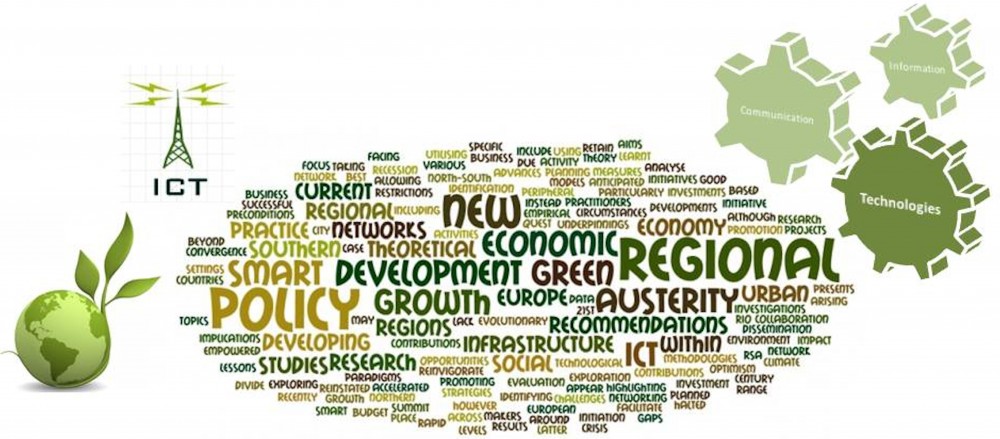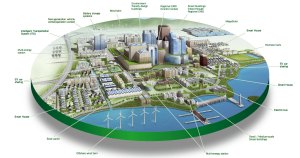A key weakness in current debates among practitioners and academics about smart cities is the definition of this term. It certainly forms a challenging task, but undoubtedly it can aid in shaping discussions and taking initiatives. ITU has recently completed a study of various definitions used and has provided a suggested definition which may still be broad but it forms a significant contribution in this debate:
A smart sustainable city is a city that leverages the ICT infrastructure in an adaptable, reliable, scalable, accessible, secure, safe and resilient manner in order to:
- Improve the Quality of Life of its Citizens.
- Ensure tangible economic growth such as higher standards of living and employment opportunities for its citizens.
- Improve the well-being of its citizens including medical care, welfare, physical safety and education
- Establish an environmentally responsible and sustainable approach which “meets the needs of today without sacrificing the needs of future generations”.
- Streamline physical infrastructure based services such as the transportation (mobility), water, utilities (energy), telecommunications, and manufacturing sectors.
- Reinforce prevention and handling functionality for natural and man-made disasters including the ability to address the impacts of climate change.
- Provide an effective and well balanced regulatory, compliance and governance mechanisms with appropriate and equitable policies and processes in a standardized manner.

